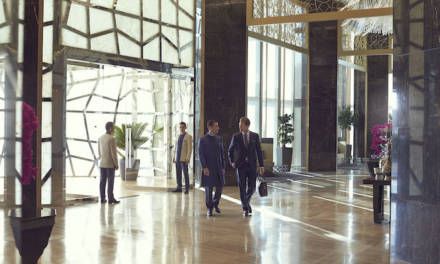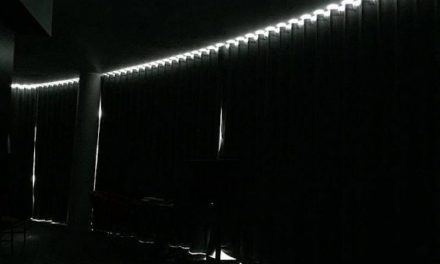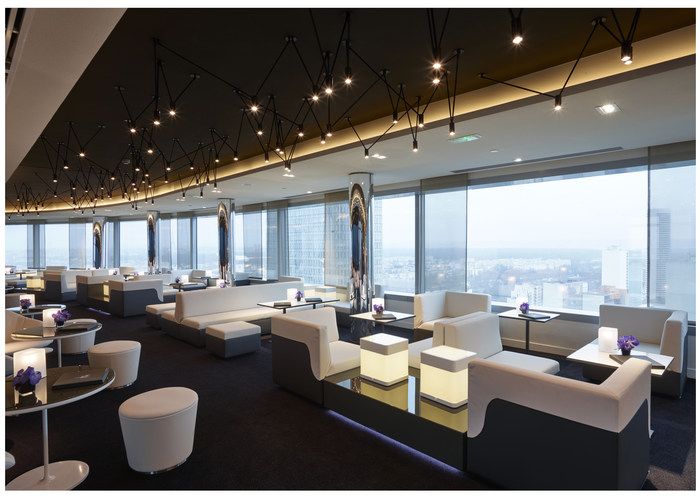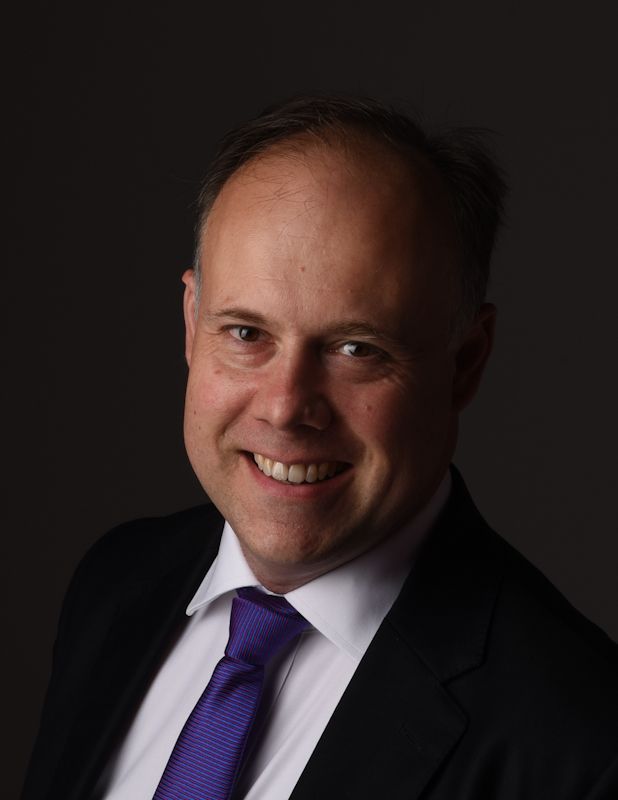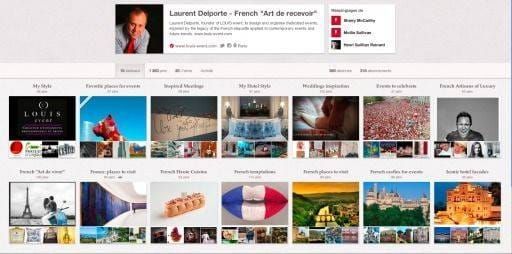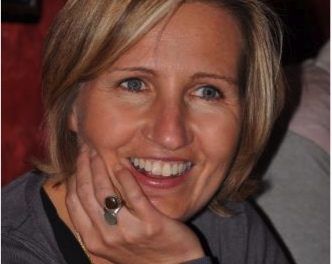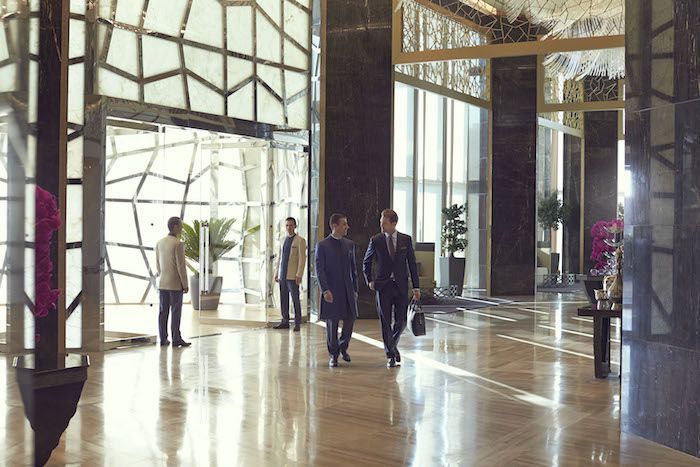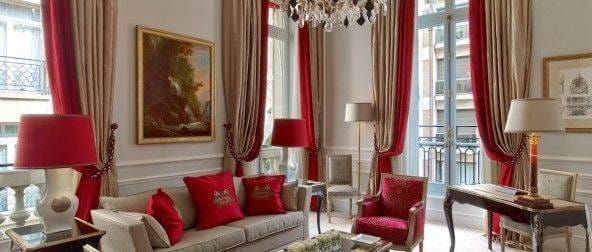The Challenges Involved in the Opening of the Melia La Défense Hotel
I recently visited the Melia Paris La Défense Hotel, where I was able to meet Monsieur Jorge Roll. As the regional manager of the Melia Group, Monsieur Roll shared his thoughts on the renovation, the opening of the hotel, and the choice of architects involved.
The Melia Paris La Défense Hotel is the largest 4-star hotel to have recently opened its doors in Paris, offering spectacular panoramic views over the city and its principal historic monuments. Designed by architectural firm Vasconi in partnership with French interior designer Jean-Philippe Nuel, the Melia Paris La Défense stands out with its striking form, which resembles the hull of a boat.
The Melia Paris La Défense boasts 369 rooms, including 29 suites, all spread out over 18 floors. At 32m², the rooms are spacious, including an ensuite bathroom with waterfall shower heads and luxury fittings, as well as a flat-screen satellite television.
How did you select your interior designer?
One of the development strategies that Melia has adopted today has been to take on well-known architects, so that they can have unique buildings that stand apart from the crowd. On this particular project, we worked with Jean-Philippe Nuel, who was chosen on the basis of a call for tenders organized by Vinci, before being validated by Melia.
We specifically chose this hotel fora few small details: the metro and the stunning view over Paris. These allow us, therefore, to market it as a Parisian hotel. The idea we pitched to the architect was to maintain a link with the city, and that’s why everything here is designed around the concept of Paris as the City of Lights.
How did you manage to find and hire 150 staff members, all while assuring that the grand opening would run smooth lyon the first day?
It was a huge challenge. We were actually victims of our own success because on the third day, we found ourselves at 60% occupancy. We had hired our personnel only two weeks earlier, while the hotel still wasn’t ready for use, so we employed a training system that was slightly theoretical. Following that, we had about 3-4 days to acquaint ourselves with the hotel and officially train the staff. Our team is composed of different profiles: people who had already worked in other Melia hotels in Paris and Spain, as well as external people who had worked elsewhere in the hotel industry. In addition, we have a Melia taskforce team who works with each department where necessary, and who’s there to train and support the new staff members. These are all people who are independent of the hotel. This support function lasts for about 2-3 weeks, depending on the services.
How long will it take to reach an optimal level of service? What is the rhythm you are trying to establish?
We’ve set a goal for ourselves of 6 months. This is because we see the first month as a time to set things in motion and further define the identity of the hotel. And from there, it’s all a matter of fine-tuning.
It’s also important to keep in mind that one of the large challenges for Melia in the future is toop en more hotels in Paris.
How have you incorporated digital resources into the client experience in your hotels? Is this an element that you are working on?
Yes, we are working on it, and right now, one of the elements we’re really developing in our pilot hotels in Spain is a digital check-in and check-out system. Melia has embarked on a strategic project:“To be more digital,” which encompasses a logic aimed at developing the entire distribution along with digital sales, with the aim of putting them on direct channels.
In our hotel at La Défense, the role of digital technology remains somewhat conservative, since “the best is not always what is necessarily good.” As a result, we have rather simple products: of course, we have Wi-Fi in all our rooms, as well as access to all the channels, but we don’t have a home system control. We’re beginning to receive feedback from our clients on home controls that are too sophisticated, where one spends more time trying to understand the feature than actually using it. At the moment, therefore, we’re overseeing a return to simplicity in usage and ease of access to clients, in place of a system that is overly complex.
Melia Paris La Défense
Laurent Delporte, an editor and conference speaker, is a strategic expert in the sector of hotels. A visionary, he brings his unique look on hotels in service to the decision-makers in the industry, whether to enhance the development of new projects or strategic visions.
Laurent has visited and audited over 350 hotels across the world and also participates in mystery visits to provide quality control for the world’s finest hotels.


 HOME
HOME